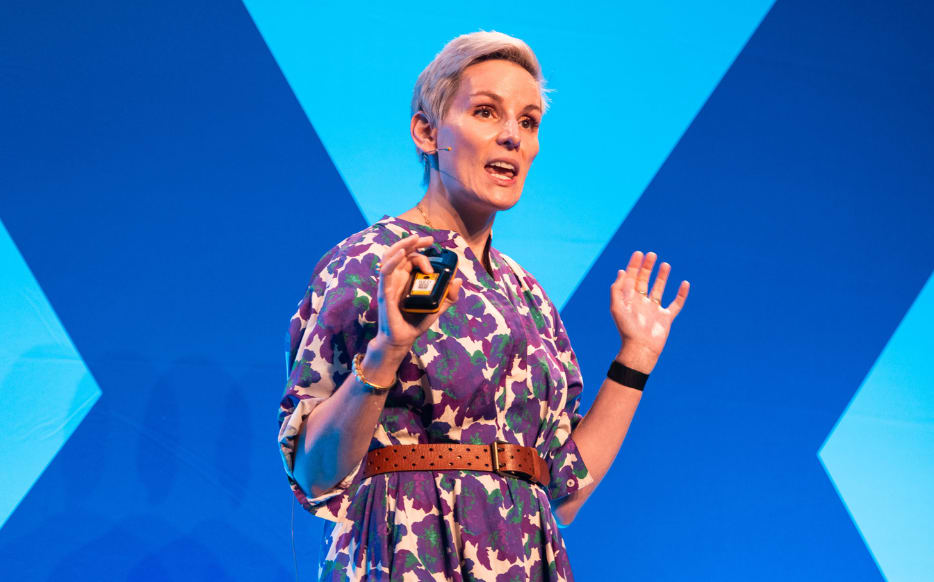You have 1 article left to read this month before you need to register a free LeadDev.com account.
Estimated reading time: 1 minute
AI is already reshaping the job market, and early-career workers are taking the hit, new study finds.
Workers aged 22 to 25 are the most exposed to artificial intelligence, suffering a decline in employment of 13%, according to a new Stanford University study.
The study, Canaries in the Coal Mine? Six Facts about the Recent Employment Effects of Artificial Intelligence, authored by Erik Brynjolfsson, Bharat Chandar, and Ruyu Chen, draws on anonymized monthly payroll data from Automatic Data Processing (ADP) covering millions of workers across tens of thousands of U.S. firms through July 2025.
The researchers conclude that generative AI is not eliminating entire occupations, but is reshaping who is hired within them.
Young workers hit hardest
Overall U.S. employment has continued to grow since late 2022, yet employment among young workers in AI-exposed roles such as software development, customer service, and data analysis fell by 13% through July 2025. Contrastingly, workers aged 26 to 55 in the same occupations have seen stable or even rising employment levels.
One interpretation offered by the authors is that while younger employees contribute primarily “codified knowledge” from their education – something AI can replicate – the more experienced workers lean on tacit knowledge developed through years on the job, which remains less vulnerable to automation.
Your inbox, upgraded.
Receive weekly engineering insights to level up your leadership approach.
Automation, not augmentation
The study found that entry-level employment declined in roles where it’s perceived that AI can automate work, with more muted changes where it is a tool for augmentation.
For example, Quinn Slack, CEO of Sourcegraph, told Leaddev that in the context of software engineering, “If AI can fix small bugs or add small features with little human intervention, then why pay a junior dev to do that instead?”

London • June 2 & 3, 2026
LDX3 London prices rise March 4. Save up to £500 💸
But if AI continues to erode the traditional “entry rungs” of professions, the long-term pipeline of talent movement – from junior roles to senior positions – could fray, said the study.





